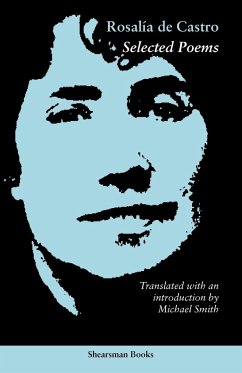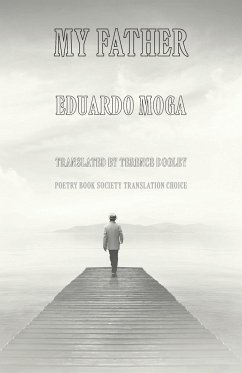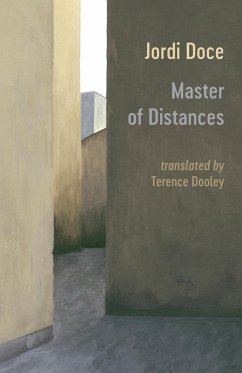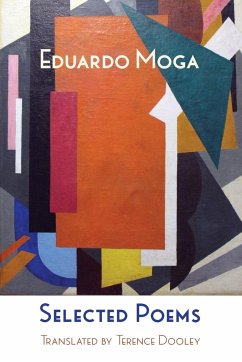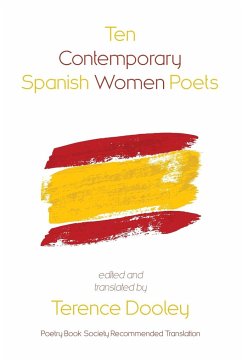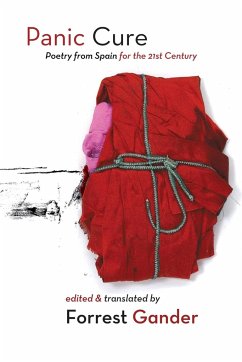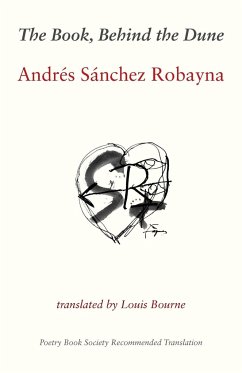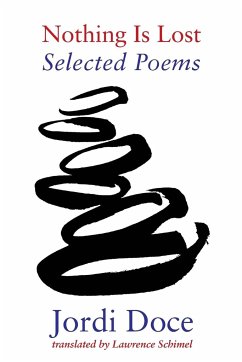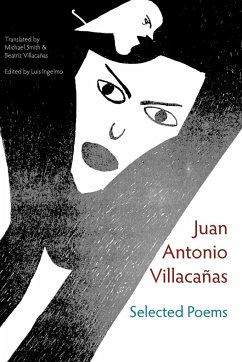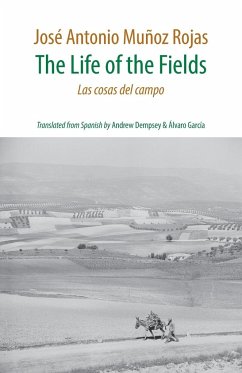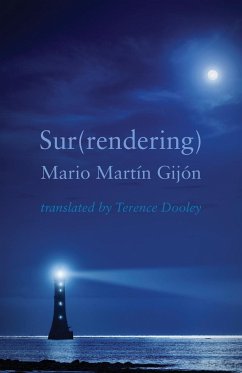
(Sur)rendering
Versandkostenfrei!
Versandfertig in 1-2 Wochen
16,99 €
inkl. MwSt.

PAYBACK Punkte
8 °P sammeln!
Mario Martín Gijón's (Sur)rendering is a sequence of short passionate lyrics describing a love lost and found. This might sound like nothing new in the history of poetry, but the poet immerses us in his story by a complex process of linguistic recreation: recreation in the sense of re-invention and recreation also as play, or playfulness. Eduardo Moga explains his method: 'The poetry of Mario Martín Gijón is characterised by a morphological promiscuity which springs from an intense awareness of the susceptibility of language to experiment. Words become lexical clay in the hands of the poet...
Mario Martín Gijón's (Sur)rendering is a sequence of short passionate lyrics describing a love lost and found. This might sound like nothing new in the history of poetry, but the poet immerses us in his story by a complex process of linguistic recreation: recreation in the sense of re-invention and recreation also as play, or playfulness. Eduardo Moga explains his method: 'The poetry of Mario Martín Gijón is characterised by a morphological promiscuity which springs from an intense awareness of the susceptibility of language to experiment. Words become lexical clay in the hands of the poet, or articulated entities into which other words may be telescoped. Words break, unscrew, crumble onto the page like sand. They are like scattered pieces of a mosaic reassembled to form a new puzzle. This is done by the insertion of brackets around letters, slashes allowing a choice between letters, dashes severing or connecting syllables, suffixes or prefixes belonging equally to the words surrounding them. It multiplies the ways in which a phrase can be read, multiplies its potential simultaneous meanings." So the poet is able to juggle the memory of pleasure with present suffering, joy and pain in a single verse: (pre/es/ab)sence. Ambiguity striving for synchronicity, the language of love becoming as fraught with contradiction as love itself.





